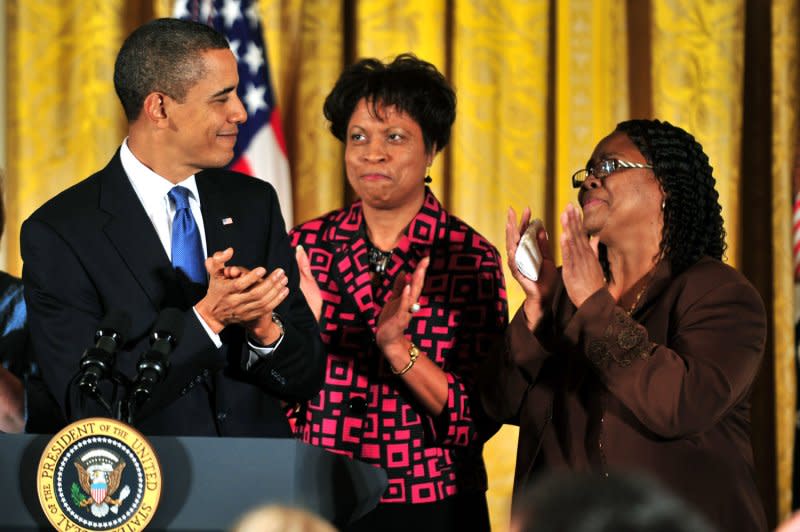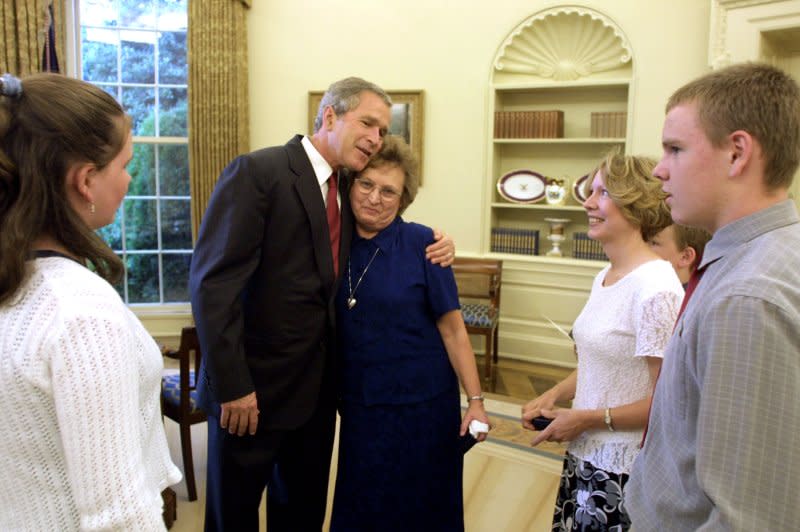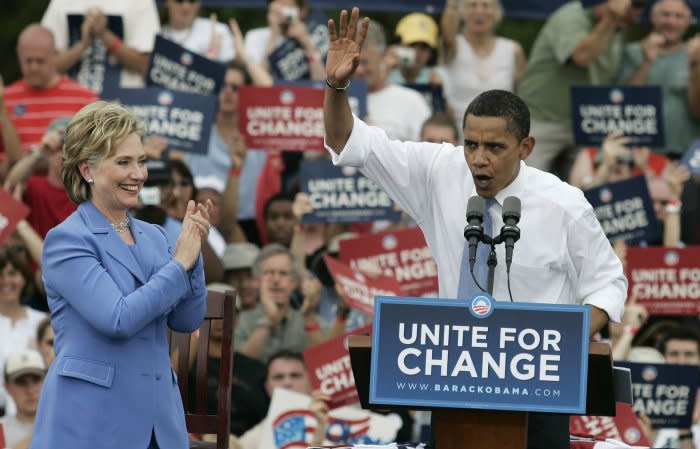On This Day, June 7: White supremacists kill James Byrd Jr.

On this date in history:
In 1776, the Lee Resolution, which led to the U.S. Declaration of Independence, was introduced in the Continental Congress.
In 1864, Republican delegates meeting in Baltimore nominated Abraham Lincoln for his second term as president. His running mate was Andrew Johnson.
In 1942, Japanese forces occupied Attu and Kiska in the Aleutian Islands. U.S. forces retook the islands one year later.
In 1965, the U.S. Supreme Court struck down a Connecticut law banning contraceptives.

In 1967, Israeli troops captured Jerusalem during the Six-Day War.


In 1975, the first videocassette recorder went on sale to the public.
In 1983, one day after Nicaragua expelled three U.S. diplomats, the Reagan administration ordered six Nicaraguan consulates closed and expelled six of the country's diplomats.
In 1990, South African President F.W. de Klerk lifted a 4-year-old nationwide state of emergency in all but the strife-torn Indian Ocean province of Natal.
In 1998, three white supremacists killed James Byrd Jr. by dragging him for 3 miles behind a pickup truck in Jasper, Texas. The three men were convicted of murder -- one was executed in 2011, another is on death row and a third was sentenced to life in prison. The lynching spurred a Texas hate crime law as well as the federal Matthew Shepard and James Byrd Jr. Hate Crimes Prevention Act.
In 2002, U.S. missionary Martin Burnham, captured in the Philippines by a Muslim group more than a year earlier, was fatally shot during a rescue attempt.
In 2008, Sen. Hillary Clinton, D-N.Y., officially ended her campaign for the Democratic presidential nomination and endorsed Sen. Barack Obama for president.

In 2013, an arsonist set fire to a bus in Xiamen, China, killing 42 people and injuring 30 others.
In 2013, six people were killed and five injured in a Santa Monica, Calif., shooting rampage that started at a private home and ended on a college campus. The dead included the 23-year-old gunman, who was shot by police.
In 2021, two express trains collided in southern Pakistan, killing at least 40 people and injuring dozens.



